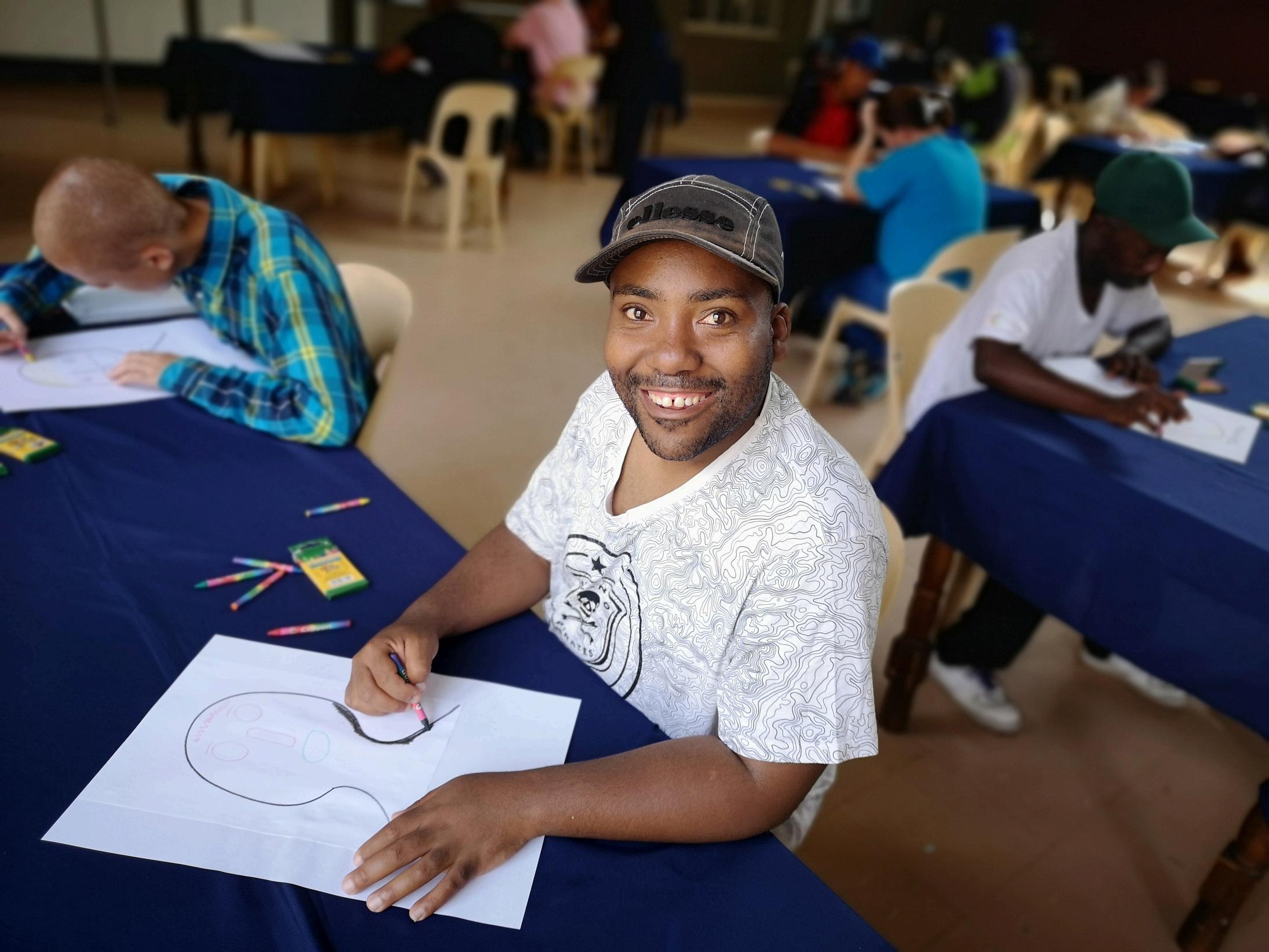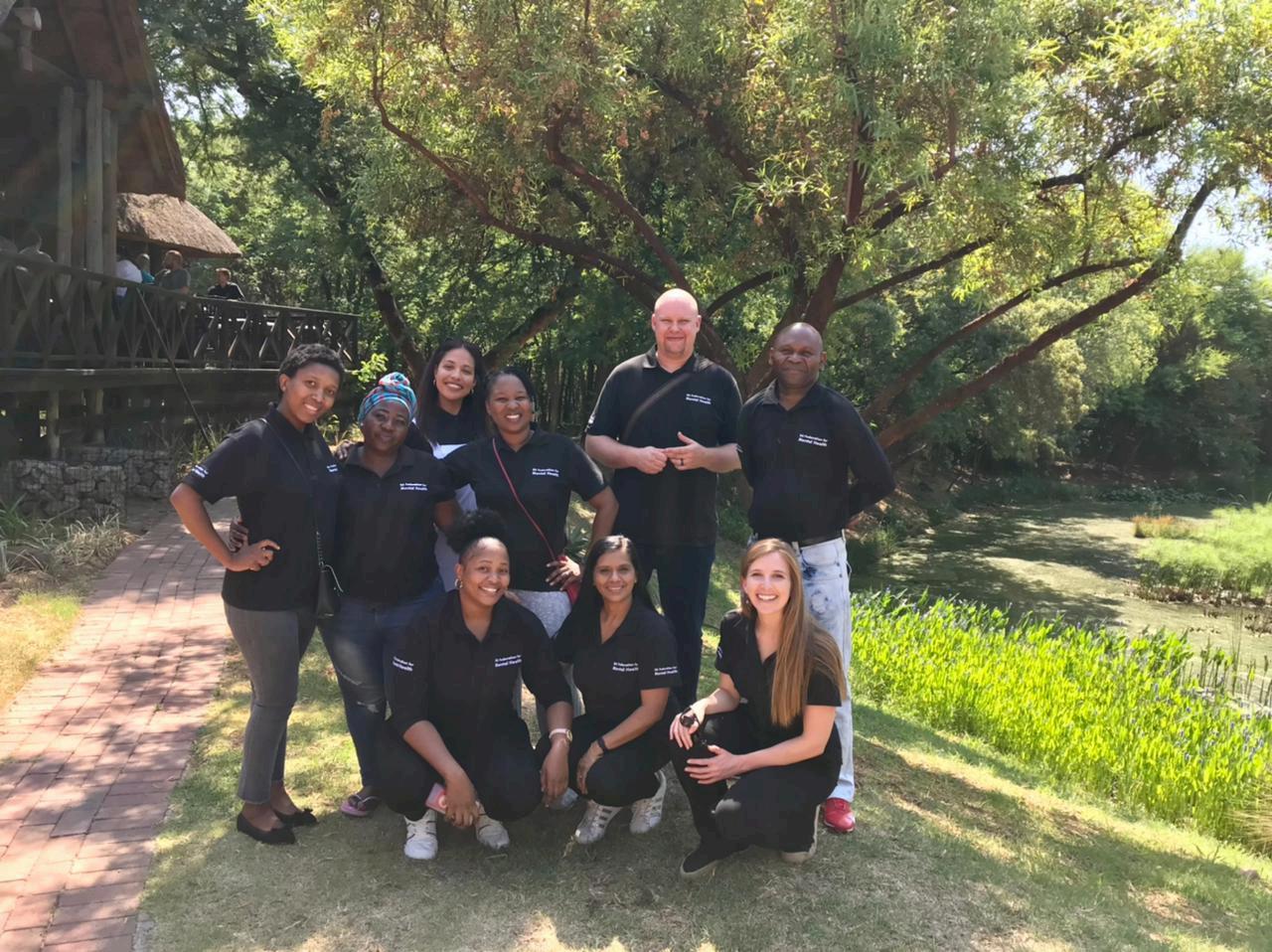ANNUAL REPORT
APRIL 2023 - MARCH 2024



APRIL 2023 - MARCH 2024


OUR YOUTH, OUR FUTURE: INVESTING IN MENTAL HEALTHCARE FOR CHILDREN AND ADOLESCENTS IN
“Children’s well-being starts at home,” notes Christine Muhigana, UNICEF Representative in South Africa. She asserts: “A nurturing, loving, and stable home environment provides the best foundation possible for a child to grow up physically and mentally healthy.”
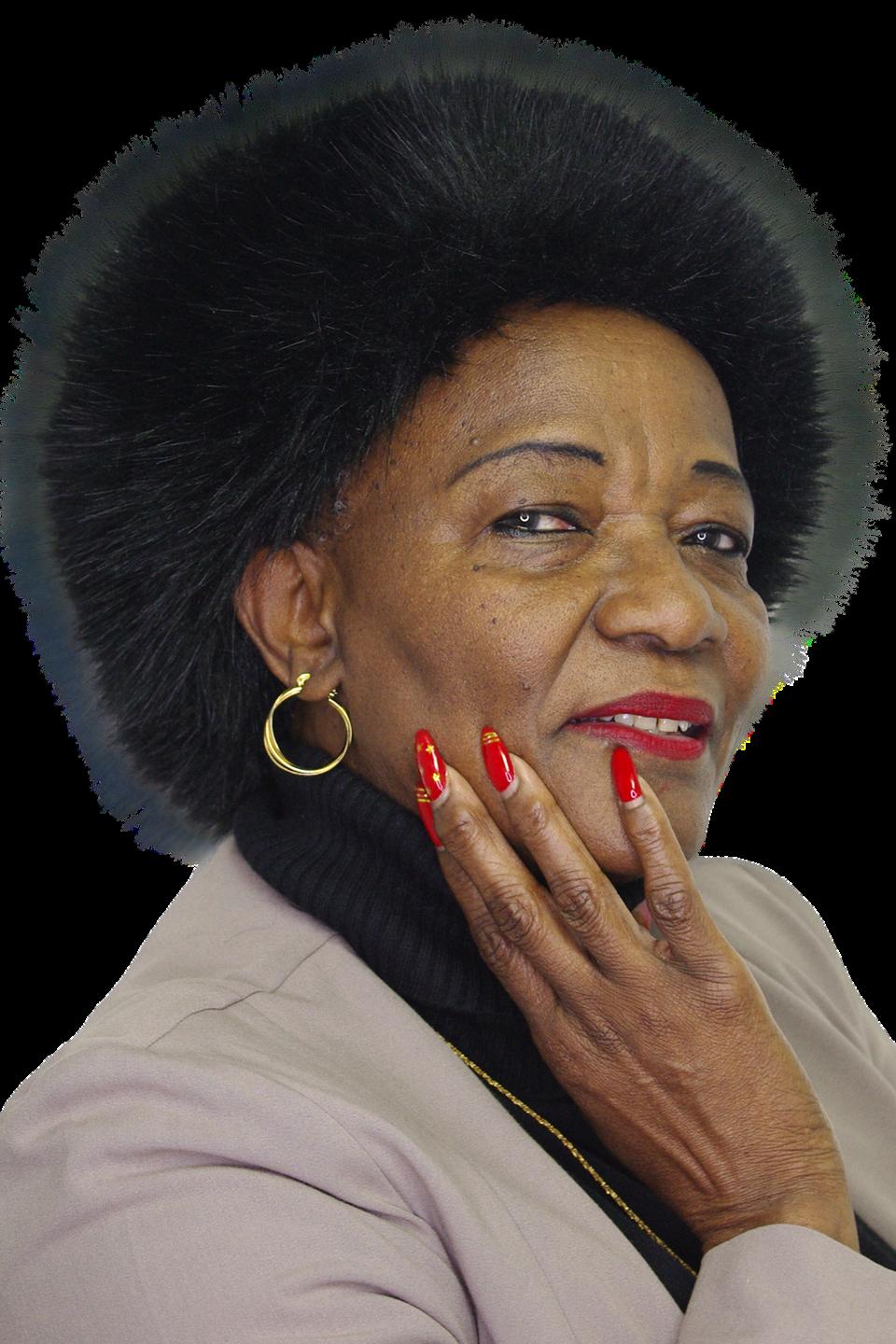
Child and adolescent mental health is the foundation of a strong, vibrant and caring society. Yet, South Africa’s youth are near breaking point.
Far too many children and adolescents are struggling with mental health challenges and are unable to access the care and support they need.
The media is replete with child and adolescent substance abuse, bullying, suicides, etc., and one suicide is one too many.
Despite the recently released National Mental Health Policy that affirms the government’s commitment to prioritize the needs of children and adolescents, the country’s youth mental healthcare services sector is in crisis.
Additionally, recent cuts in healthcare spending pose further threats to service delivery in this vital sector.
UNICEF’s South Africa UReport poll reports 60% of youth felt they needed mental health support over the past year and 48% of young respondents are most anxious about the need to build their skills for future employment. While 22% of respondents cited family as an outlet for support, only 36% have ever spoken with their caregivers about their mental health.
Encouragingly, young people believe they are able and willing to help their peers ’ mental health, with 91% of respondents saying they are confident of providing support. Against this backdrop, we should do more to break the stigma around mental illhealth. This, we can achieve by continuing to engage with young people to normalize conversations around mental health in our broader society.
I therefore encourage all member Mental Health Societies, partners and likeminded organisations t increase caregiver's knowledge of the importance of mental wellbeing for youth. This improves caregiver's ability to support youth mental health and also to be more aware of their own. This is especially important for emotional regulation and stress management, particularly during times of heightened anxiety.
To support youth mental health, more focus should be placed on caregiving interventions and training educators, including referrals to mental health professionals.
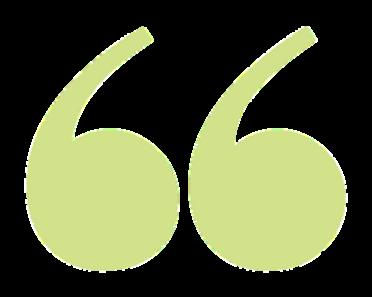
Childrenand adolescentsarethe future.Providing adequateyouth mentalhealth servicesearlyoncan rippleoutacrosstheir livesandacross generationstocome.
Prof Sheila Mokoboto-Zwane President, SA Federation forMentalHealth
2024 IS A SIGNIFICANT MILESTONE AS I MARK 15 YEARS OF SERVICE AT THE SA FEDERATION FOR MENTAL HEALTH. I have learned a lot about my own mental health and am continually building resilience to face challenges. Working in civil society is no easy task, especially since mental health is often viewed from a medical perspective rather than as a human rights issue. Over the years the Federation has secured its position as a lead mental health organisation promoting community-based mental health care and services and advocating for the rights of persons with mental health conditions.
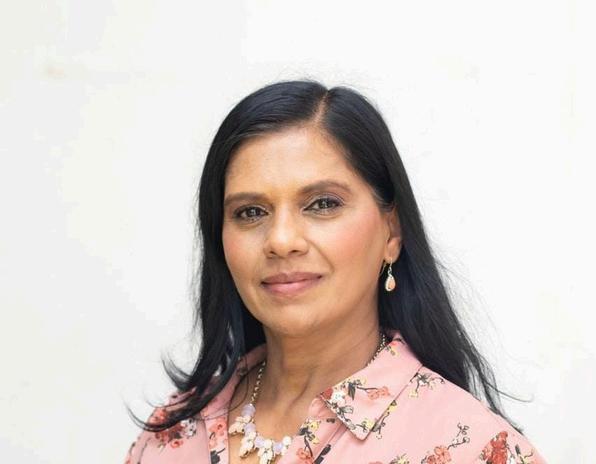
For 2023-24, a special focus was placed on youth mental health. We developed the first-of-its-kind Youth Forum for national mental health advocacy and successfully trained 14 young people to guide and participate in mental health advocacy nationally and locally. We look forward to seeing this programme ' s growth and establishment in South Africa's mental health landscape.
Our national advocacy and awareness programs have experienced resounding success, but our mental health member organisations' sustainability and growth are at risk. This is largely due to provincial governments, especially the Departments of Social Development (DSD), not investing in community-based mental health care and services. Significant cuts in DSD's subsidies to the NGO sector threaten the livelihood of persons with mental health conditions. In the coming year, our focus will be on enhancing community-based mental health organisations through support and training, enabling them to innovate and offer more accessible services to their communities. Our youth forum will guide these initiatives.
Over the last 15 years, I have been most grateful to our generous donors and funders for their ongoing generosity and dedication to mental health. Our success is only possible with your support.
Bharti Patel
NationalExecutive Director,SAFederation forMentalHealth
THE SOUTH AFRICAN FEDERATION FOR MENTAL HEALTH HAS BEEN AT THE FOREFRONT OF MENTAL HEALTH SERVICES IN SOUTH AFRICA FOR THE PAST FEW DECADES.
SAFMH has been very effective at identifying gaps within the mental health sphere and addressing those gaps. For example, given how few young people are represented in national advocacy, SAFMH recently established a youth forum for national mental health advocacy which gave 14 young people the opportunity to work on awareness campaigns, discuss mental health policy and improve advocacy skills.
SAFMH actively practices the inclusion of mental health care users in decision-making. I felt honoured when I was asked for my input regarding the theme of SAFMH’s psychosocial awareness month.
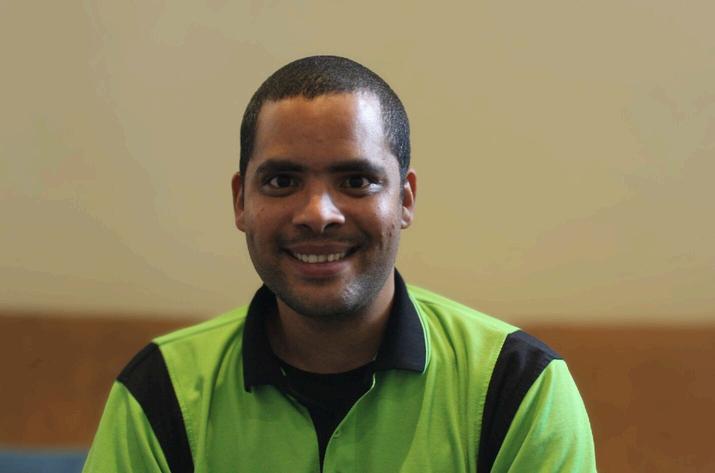
Dylan Rademeyer
I am pleased that the theme which I opted for: “Access & Inclusion: Why Community Mental Health Services are Important” was chosen as the theme for this important month. It made me feel included and part of something greater.
I hope that the SAFMH will grow from strength to strength and continue being a pivotal role player in mental health services for decades to come.
The South African Federation for Mental Health (SAFMH) is a national, human rights organisation with a 100-year plus track record of creating a society where mental health is better prioritised. We work to ensure rights-based and evidence-based mental health services are included within South Africa’s policies, systems, and care. Our Mission is to work with the community and key stakeholders to achieve the highest possible level of mental health for all. Our Board is constituted of provincial representatives from Mental Health Societies. The 17 Mental Health Societies are independent organisations with their own governance and finance structures. These organisations provide community-based mental health services to communities that are often vulnerable and under-resourced
Protecting and advocating fo mental health care users
Ensuring that the voices of m care users, their families, and South African public are hea
Raising awareness of mental health and providing mental health information
Working with community-ba mental health organisations towards quality, sustainable, consistent mental health
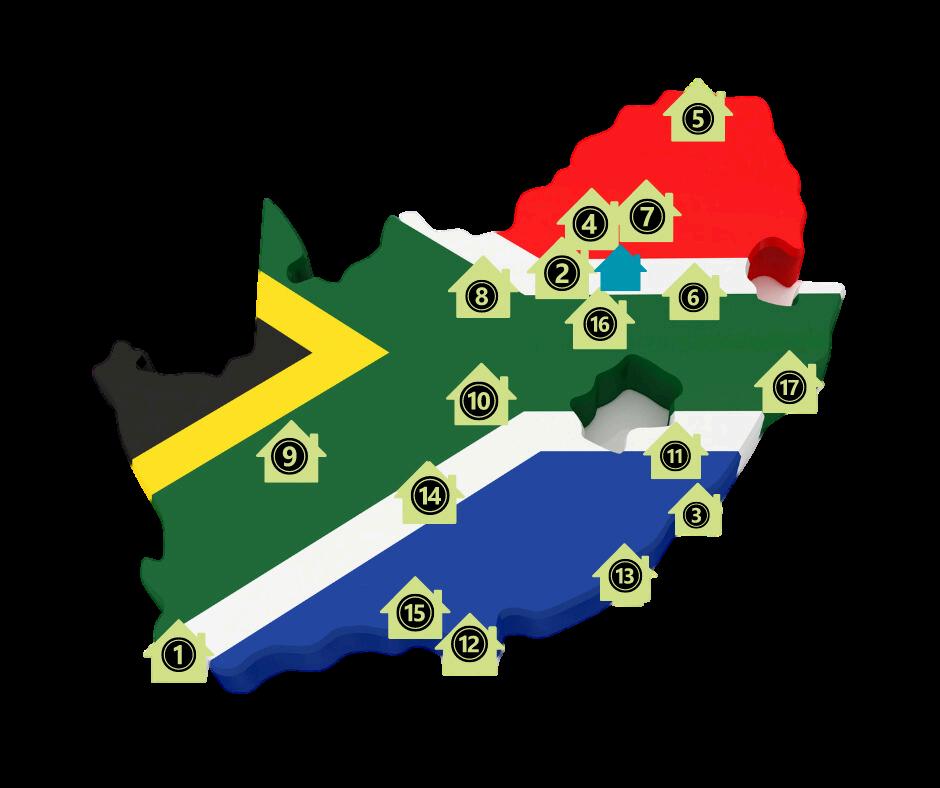
The map shows the national reach of SAFMH and the location of the Mental Health Societies.
eMentalHealth
tralGautengMentalHealth
ban&CoastalMentalHealth
diumMentalHealth
popoMentalHealth
umalangaMentalHealth
thGautengMentalHealth
thWestMentalHealth
thernCapeMentalHealth
orthernFreeStateMentalHealth
termaritzburgMentalHealth
dlelaMentalHealth
HAB
uthernFreeStateMentalHealth
enhageMentalHealth
alTriangleMentalHealth
lulandMentalHealth
FMH'sNationalOffice

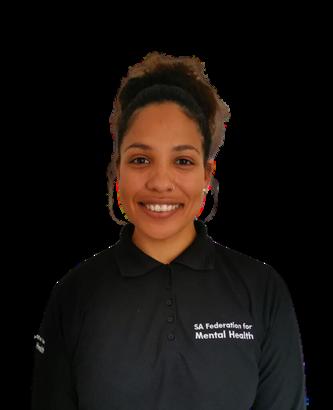
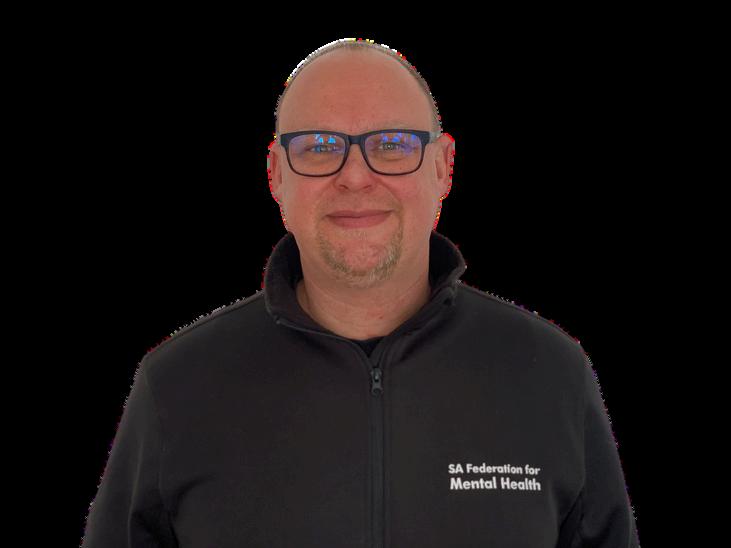
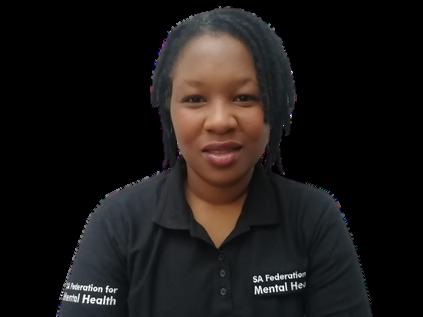
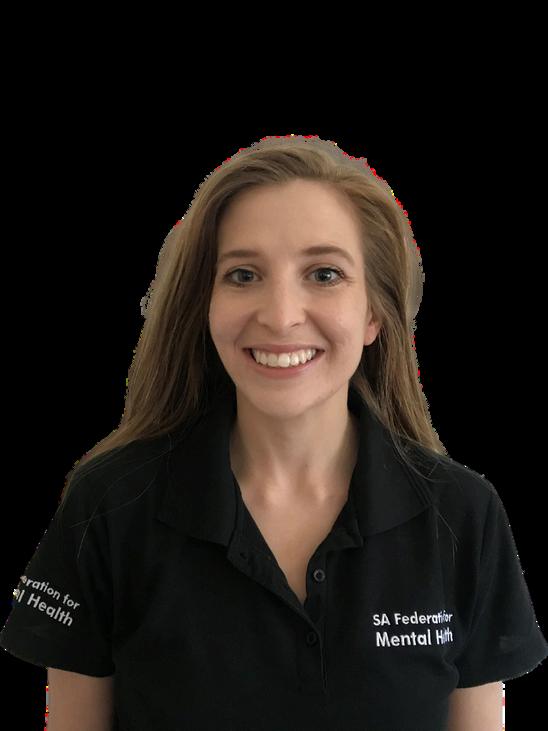
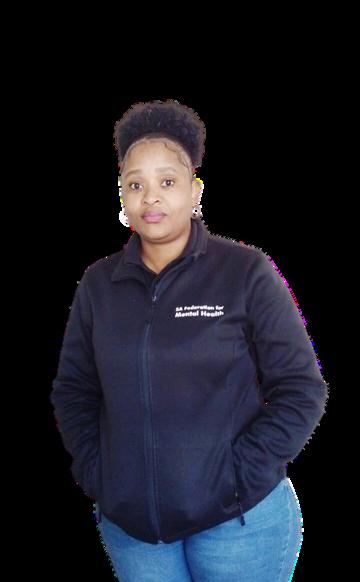
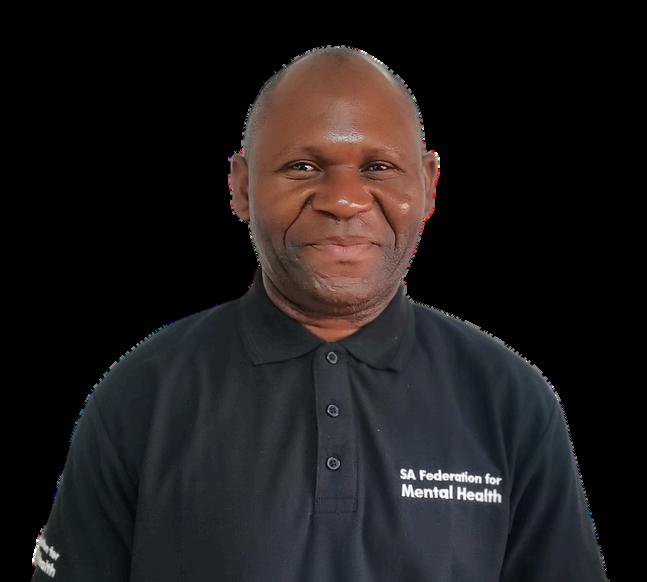
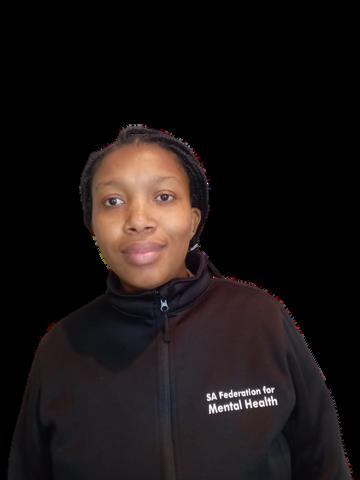

Our mental health advocacy work aims to change major structural and attitudinal barriers to achieving positive mental health outcomes for everyone in South Africa
Achievementsfrom2023include:
2
Established a youth forum for national mental health advocacy to supplement our advocacy work
1 Amplified the newly published Mental Health Policy Framework and Strategic Plan 2023 - 2030
3
Submitted comments on four draft legislation and policy with three National Government Departments
4
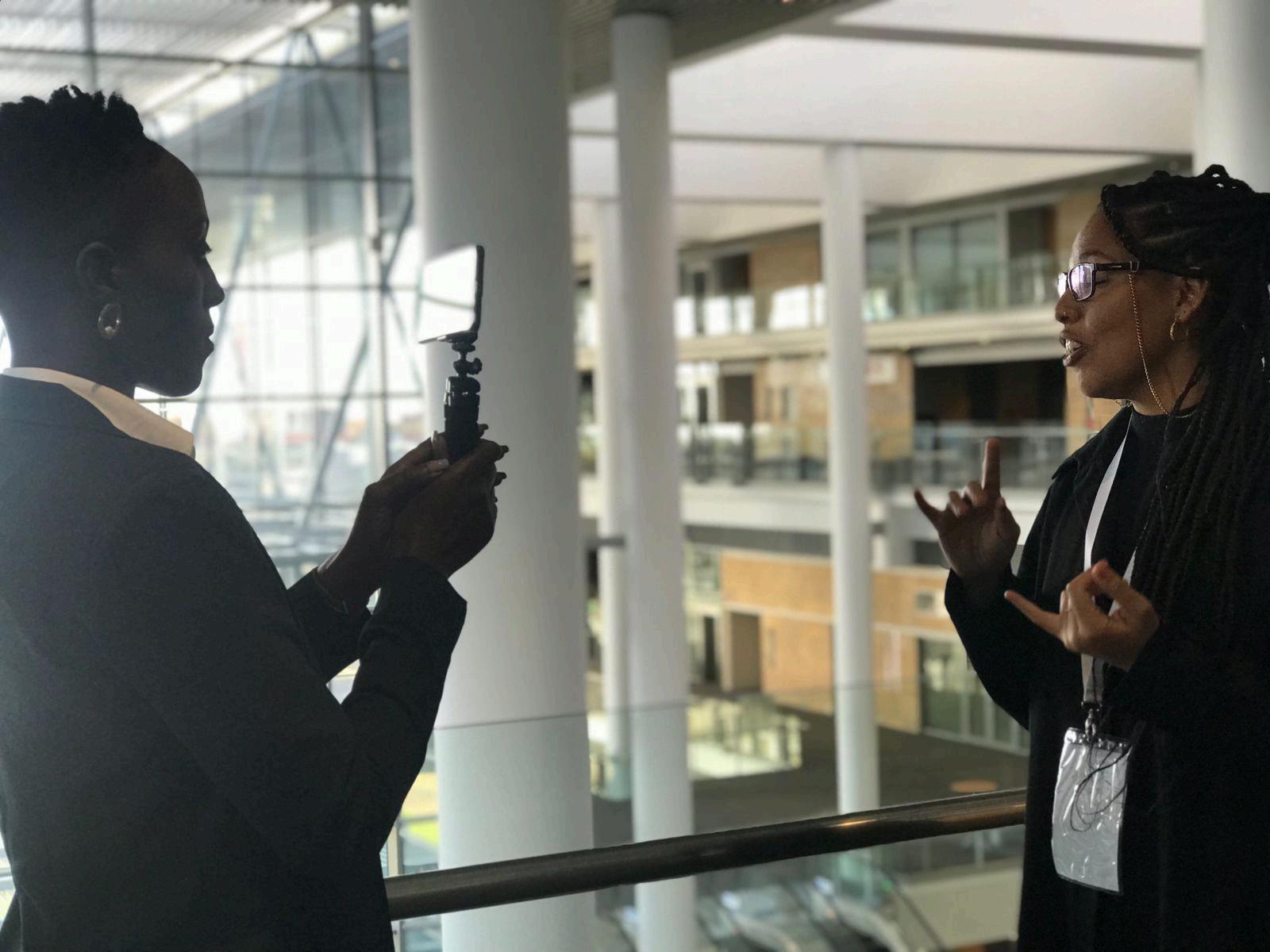
Partnered with the South African Disability Alliance to present the National UNCPRD Shadow Report to the UN
5
Worked with UNICEF to develop a Massive Online Course promoting youth advocacy for nutrition and mental health
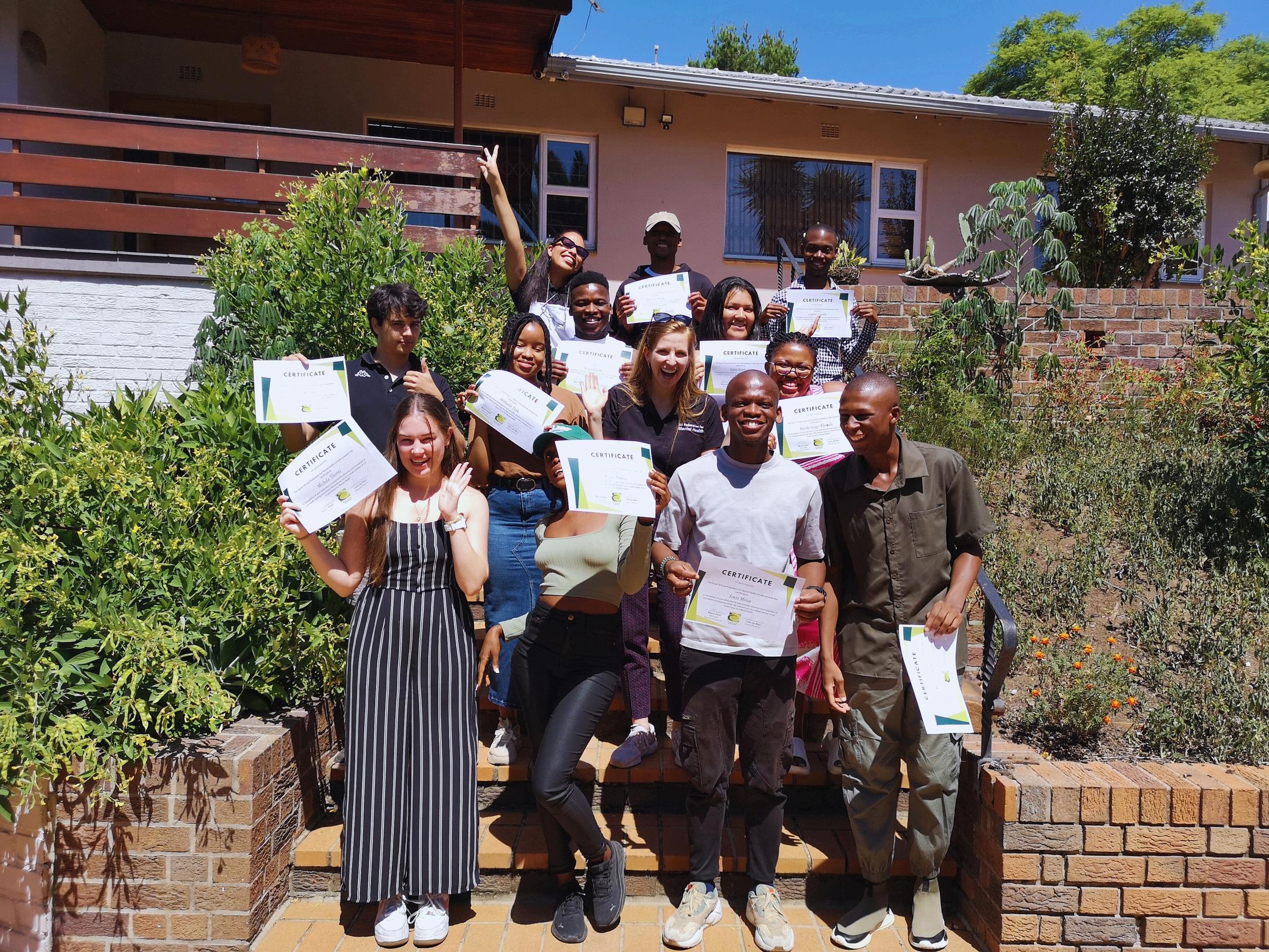
Mwas funded by a first-of-its-kind vocacy and advisory health in South Africa. people from diverse e carefully selected for ohort.
o empower young mental to guide national mental nd awareness work heir voices, advocacy health knowledge.
elow to find out more forum
r forum members
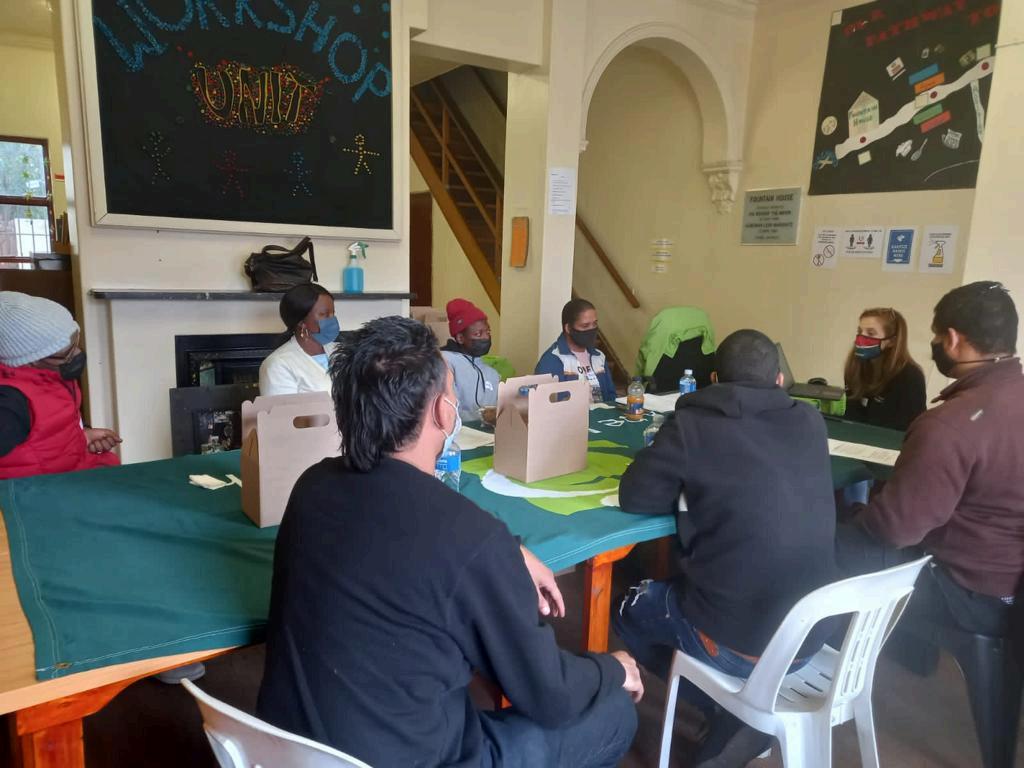
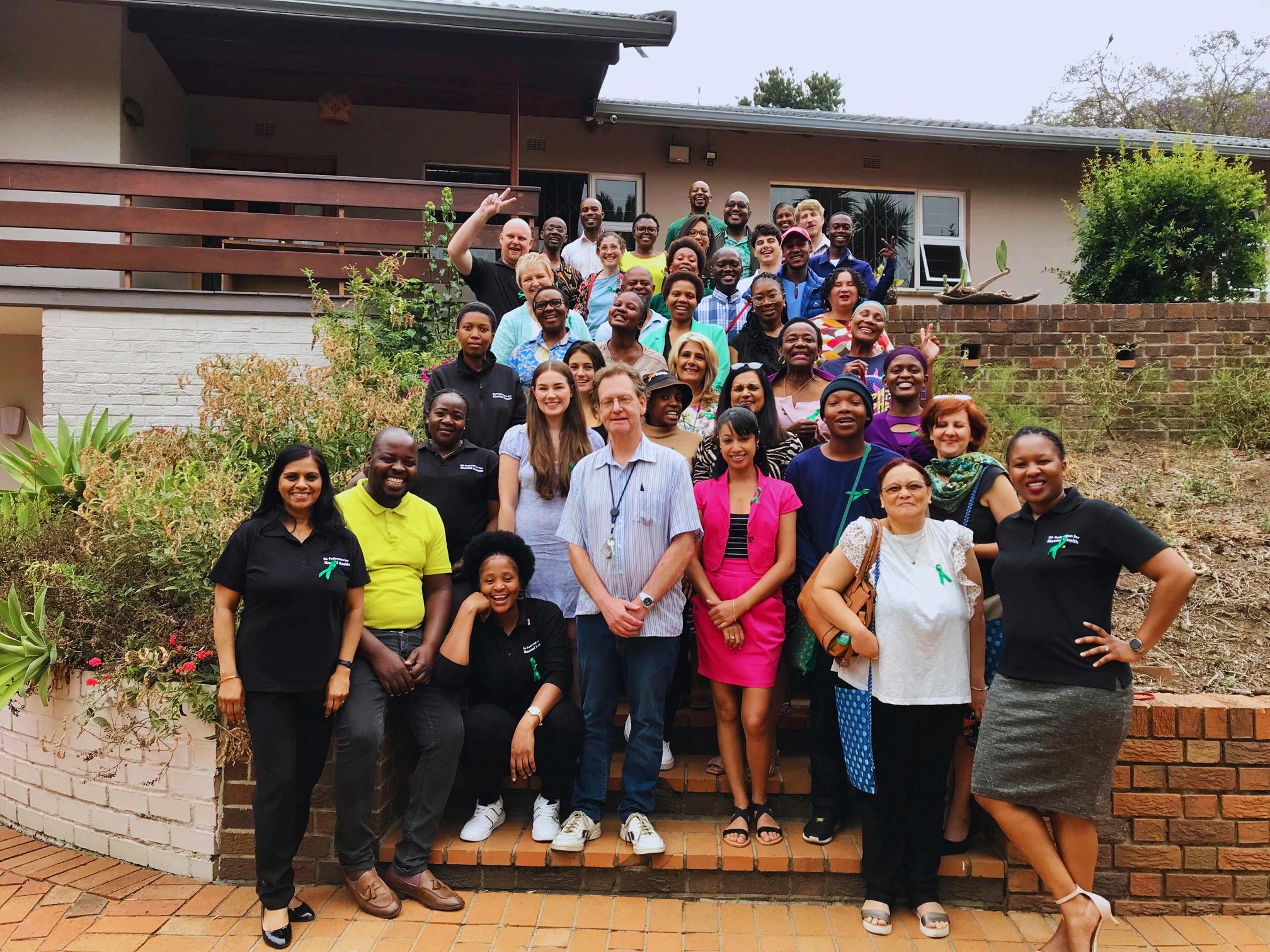
nerships are a fundamental erstone of SAFMH’s work in the tal health, disability and human s sectors, locally and internationally. ables us to ensure mental health is ctively integrated into the work of r organisations, stakeholders and sion-making platforms.
want mental health to become yone’s business, as it is a core ponent of all aspects of health and being.
e of our key partners include the rtments of Health and Social lopment and Women, Youth and ons with Disability, the World Federation ental Health, United for Global Mental h, the South African Disability Alliance, EF, the National Coalition of Social ce Organisations (NACOSS) and our 17 al Health Societies.
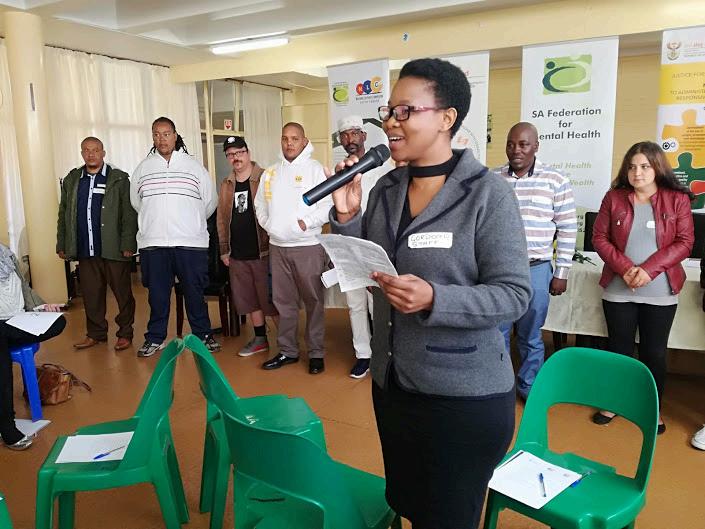


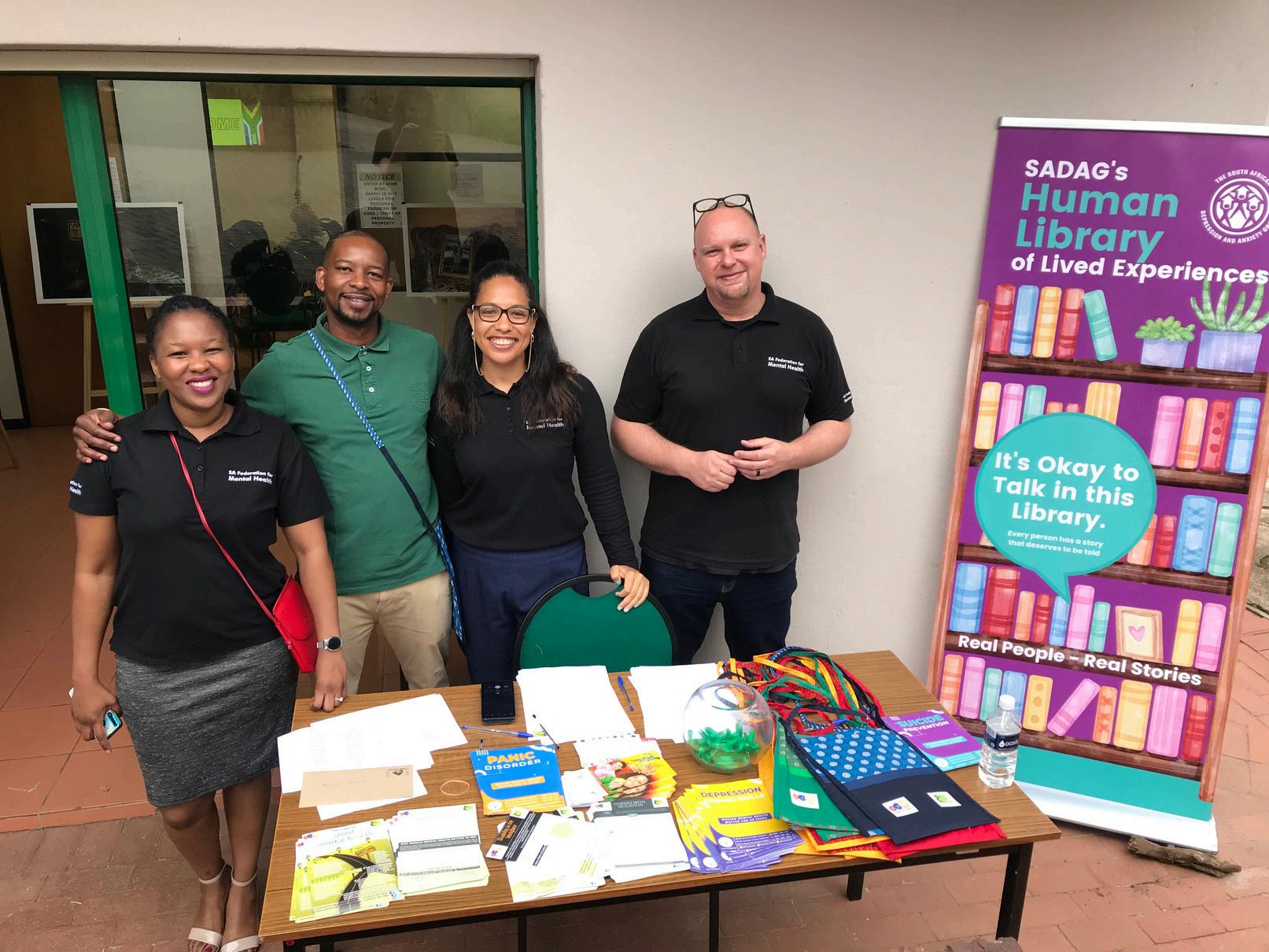
PDAM2023
Psychosocial Disability Awareness Month (PDAM) is celebrated annually in July. For 2023 our theme was “Shattering Stigma: Sparking Conversations and Shifting Attitudes” , focusing on challenging and dispelling the stigma surrounding psychosocial disability, and highlighting the need for persons with lived experience of psychosocial disability to be at the forefront of antistigma programming. We ran a storytelling workshop with residents at Talisman to support them with the skills to share their stories and experiences with others. You can read our PDAM 2023 concept note here.
WorldMentalHealth AwarenessMonth2023 IDAM2024
The global theme for World Mental Health Day (WMHD) 2023 was “Mental health is a Universal Human Right” and SAFMH's local adapted theme was ‘Universal Mental Health Coverage”. We called attention to how universal health coverage must include mental health services and programmes. We also hosted a successful in-person event at our office. It was a wonderful day spent with colleagues, some of whom we had not yet met in person before! Read a recap of the event here.
Intellectual Disability Awareness Month (IDAM) is commemorated annually in March. “I am not my disability, see my ability” was the 2023 theme. We focused on sharing stories, pictures and videos of persons with intellectual disability showcasing their skills, creativity and abilities. We believe that by showcasing and sharing these stories, we can shift persistent negative attitudes towards persons with intellectual disability and foster more inclusion for them into society. You can see the stories shared here.
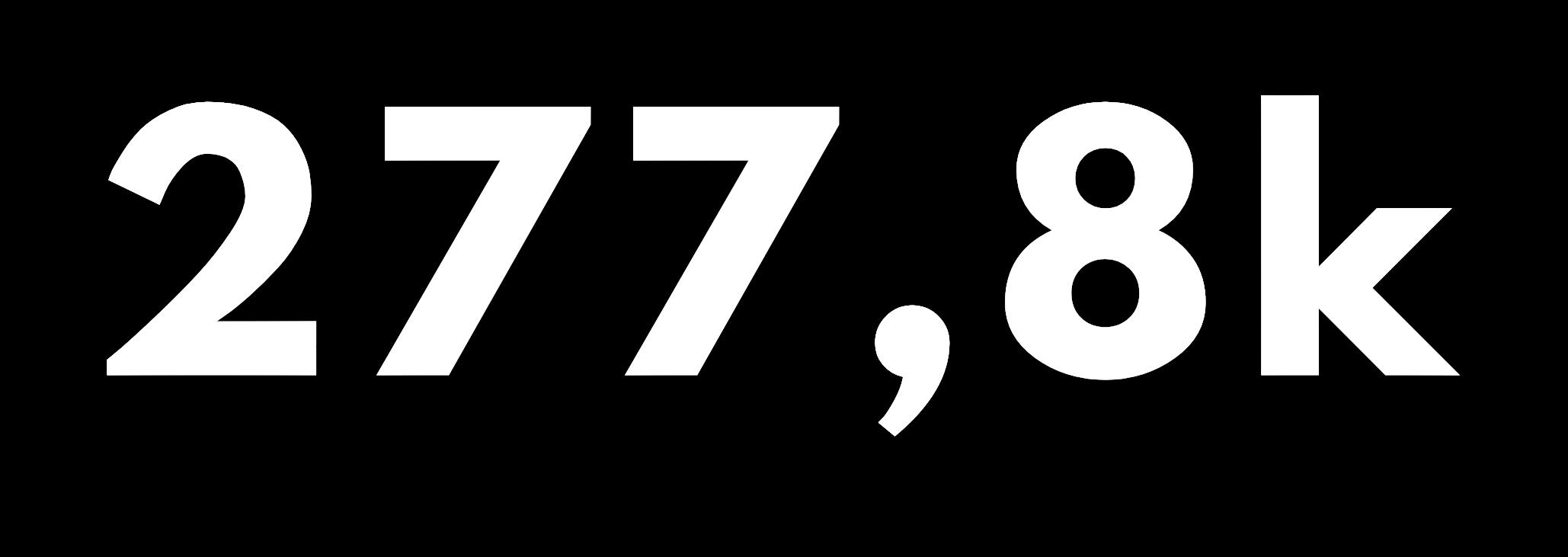
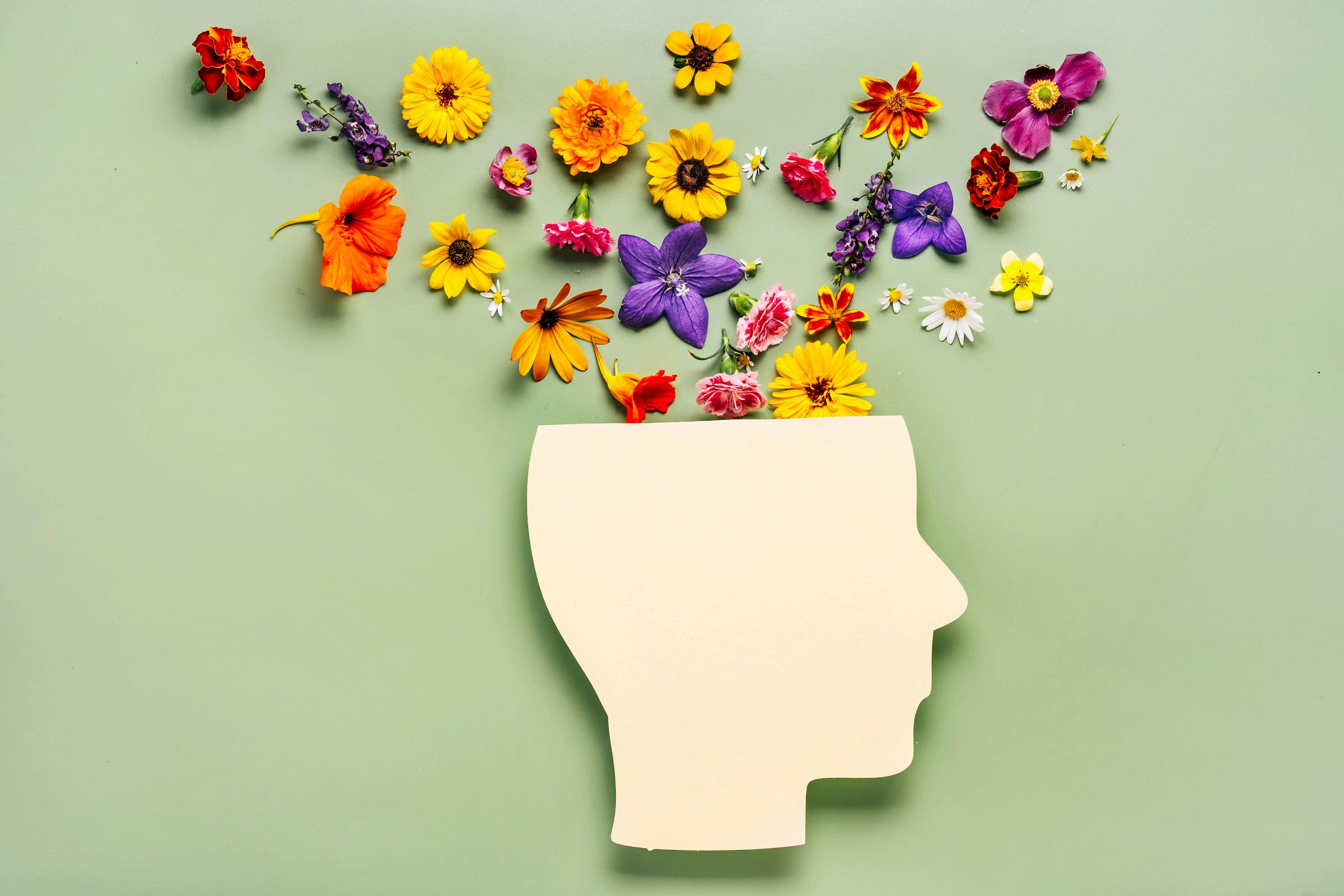
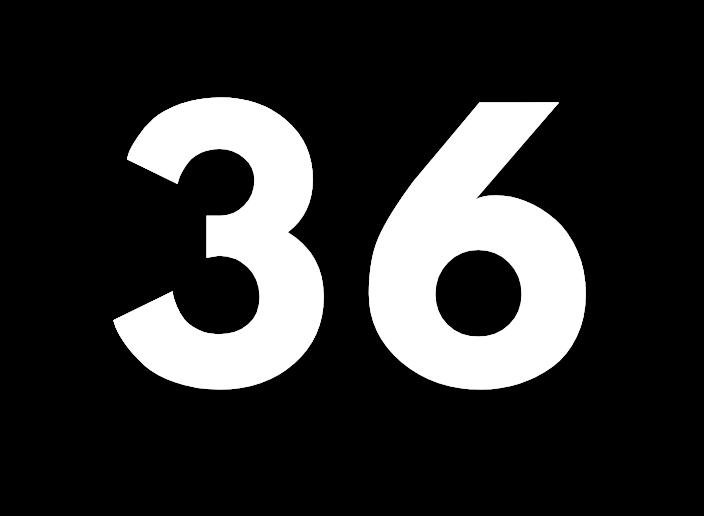
Organisational awareness presentations
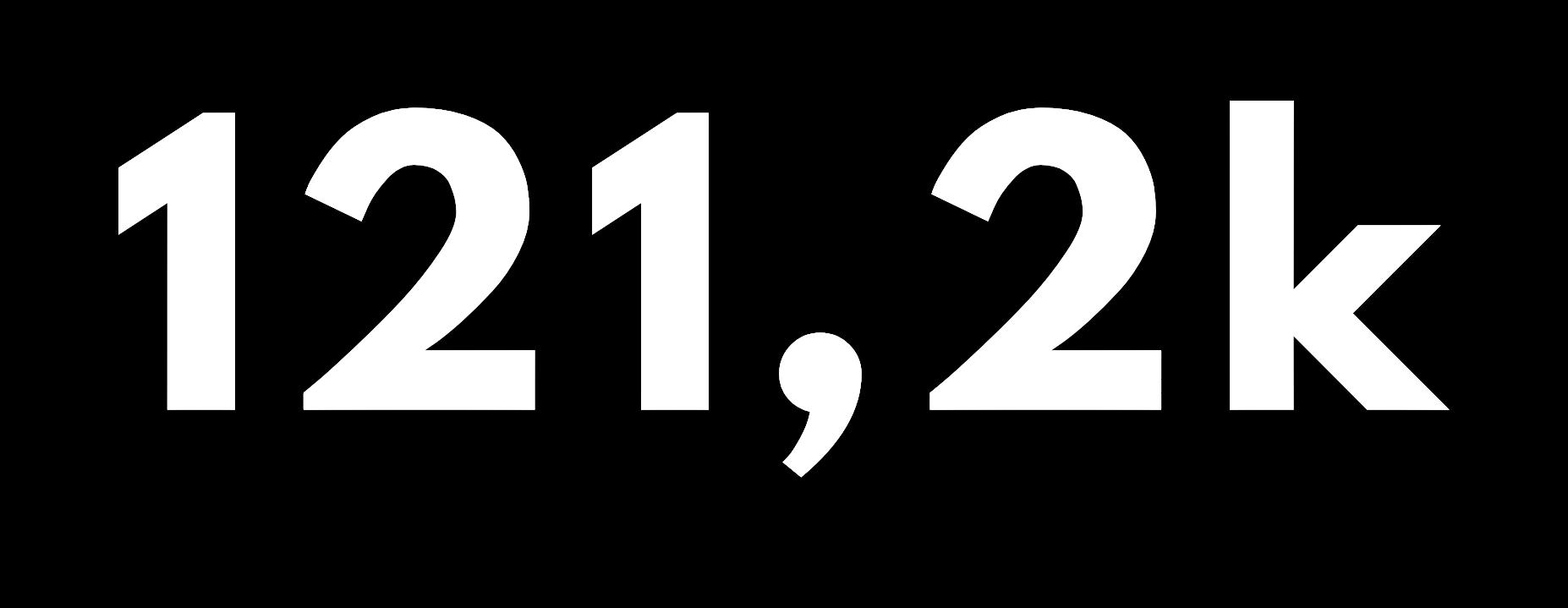
p Facebook, Instagram and Twitter and Instagram

Newsletter subscribers to 24 EMpowered Mind Newsletter Editions
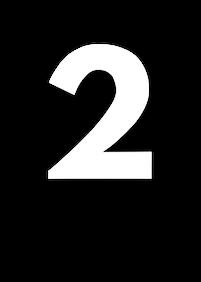
National campaigns run
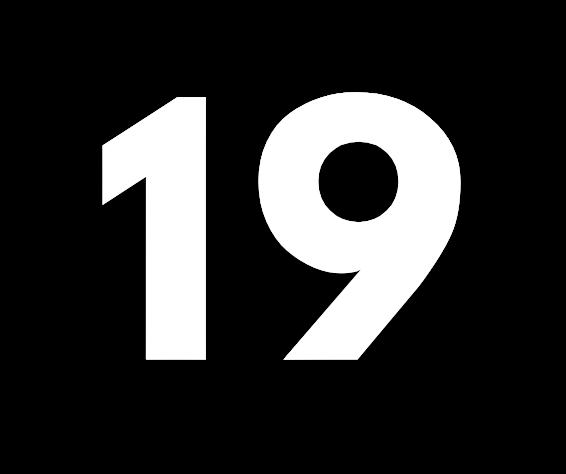
Appearances in the media
The helpdesk (funded partly by the National Department of Health) is an information and support service, serving as the first point of contact for those needing mental health services. SAFMH provides referrals, guidance and information to mental health care users, their families, and the public, including locally available mental health services.
Enquiries are captured daily in a mental health enquiries database, which is continuously monitored. SAFMH analyses and assesses this database and produces quarterly reports. This enables SAFMH to stay informed about the challenges faced by mental health care users and what's needed to assist. The helpdesk also receives inquiries from family members living outside South Africa, requesting help for loved ones in South Africa.
People can contact the helpdesk for high-quality support from Monday to Thursday from 07:30-16:00 and Friday from 07:30-13:30. We are accessible via telephone, social media, our website and WhatsApp.
Sipho* contacted the helpdesk stating that her mother was in dire need of a place that would accommodate her. Her mother was diagnosed with bipolar and now needed around-the-clock care. She was staying alone in the house, which Sipho felt was not safe considering her mental health condition.
Sipho asked us to help her find a residential facility to accommodate her mother in her province. Sipho needed a facility that would help administer medicine and ensure that her mother was well looked after. SAFMH sent Sipho an up-to-date list of residential facilities located in her province. After SAFMH followed up with Sipho, SAFMH was happy to hear that her mother had found a residential facility from the list that was sent to her. Sipho’s mother is making good progress in the residential facility.
"Thank you for the swift reply to my enquiry. I felt lost until I contacted the helpdesk and you were able to help."

SAFMH annually collects, collates and analyses statistics from its 17 Mental Health Societies. From the responses we compile a detailed overview of their collective community-based mental health service provision across South Africa, highlighting trends and challenges within the mental health sector. The information guides SAFMH's advocacy work and collaborations with stakeholders and decision-makers, including government.
SAFMH acknowledges the contribution made by the staff of the Mental Health Societies, who work tirelessly to assist mental health care users and their families in the communities they serve. We thank them sincerely for their hard work and the care shown to those who benefit from their services.
Limpopo Mental Health appointed more personnel and expanded its footprint to Sekhukhune district with funding from the National Lotteries Commission.
Northern Cape Mental Health established the provincial Yonder Hartsfees festival, with 24,000. attendees over four days. Mpumalanga Mental Health received more stakeholder referrals, indicating increased awareness and confidence in their services.
Indlela Mental Health successfully re-branded ‘PE Mental Health’ to ‘Indlela Mental Health’.
Laudium Mental Health completed their new sports ground.
Cape Mental Health: Service users struggling with the cost of living and can’t afford transport to attend in-facility services.
Southern Free State Mental Health: the local clinic has a psychiatric medication shortage, leading to relapses due to incorrect stock levels.
North Gauteng Mental Health: If DSD delays funding, this delays staff payments and halts operations.
Pietermaritzburg Mental Health: Residents are becoming frailer and need more support, but affordable residential facilities are scarce.
Cape Mental Health bought the Imizamo Yethu Special Education and Care Centre and will adapt it for the learners' needs.
Zululand Mental Health joined multi-disciplinary teams to discuss community challenges and solutions.
North Gauteng Mental Health purchased a car for social workers to conduct home visits without disrupting other projects.
Pietermaritzburg Mental Health saw an increase in their Employee Assistance Programmes, which helped raise additional funding, which they hope to build on.
Cross-cuttingprioritiesformanyMentalHealth Societiesremainreachingnewgeographicalareas, developingstrongersustainabilitystrategies, buildingstaffcapacity,upskillingstaff,increasing accesstomentalhealthservicesatthecommunity levelforpersonswithintellectualandpsychosocial disabilities,andcultivatingbetterpartnershipswith stateandprivatesectorpartners
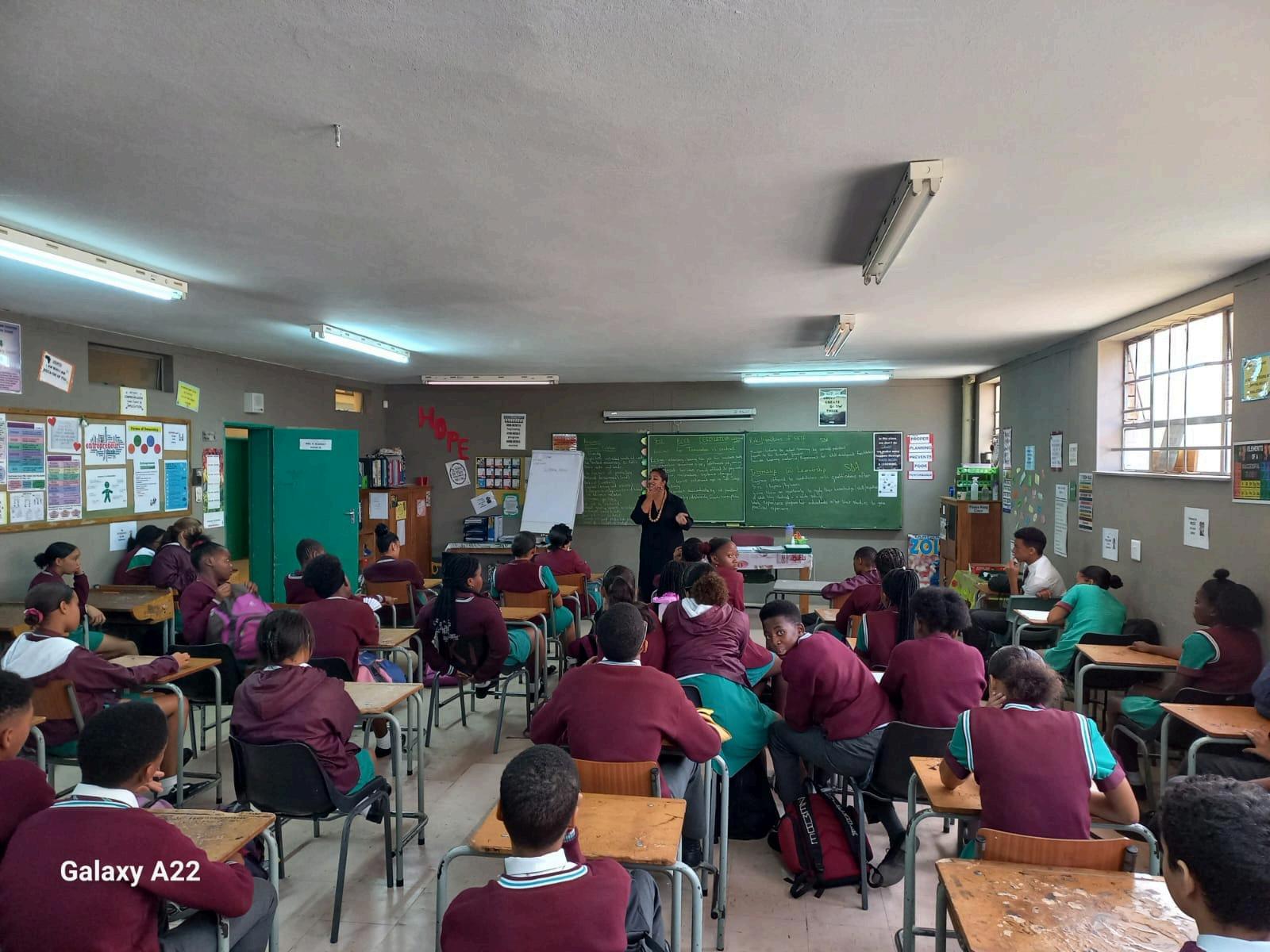
Communityoutreach, includinginschools,is akeypartof Mental HealthSocietieswork
SAFMH takes its responsibility to account to stakeholders and funders seriously and uses various tools listed below to do so to ensure good governance and compliance with all NPO related legislation.
The SAFMH board comprises of the President (independent expert), two Vice Presidents (independent experts), an Honorary Treasurer (independent expert), two additional independent experts, nine Directors of Mental Health Societies and, two persons with psychosocial and/or intellectual disability. Board members are not compensated for voluntary services rendered to SAFMH.
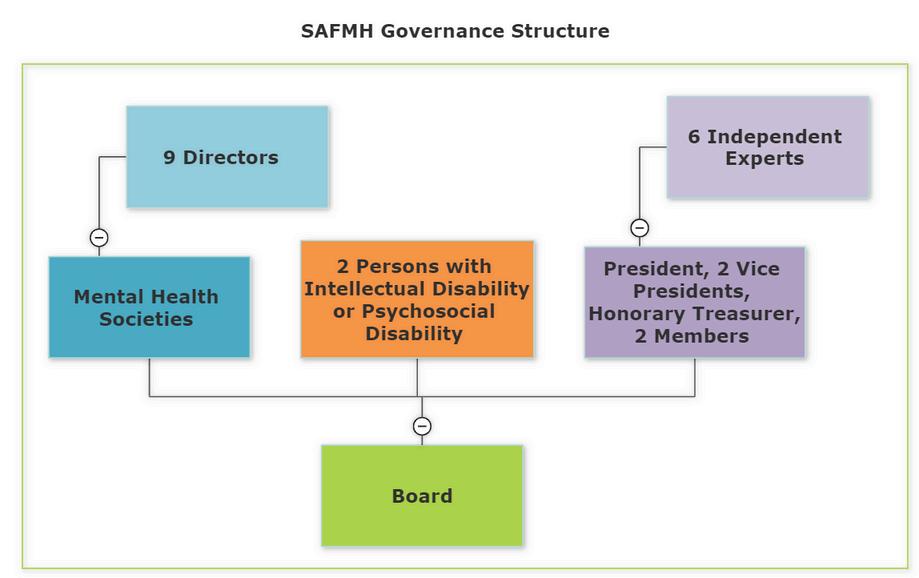
ConstitutionupdatedandstampedbytheNPO Directorate
TaxClearanceCertificate/LetterofGood Standingforalltaxcompliancerequirements
NPOcertificate
NPOReportsubmittedannuallyandstatus updated
BBBEECertificate(includingletterissuedby auditors)
SubmissionofAnnualReport
POPIAcomplianceandregistrationwiththe regulator
UpdatedEmployeeGuide
Employmentcontractsalignedwithlabour legislation
AuditedFinancialStatements
We look forward to the coming year, which will bring challenges and opportunities for SAFMH to keep mental health central in health and well-being discussions
Mental health continues to gain traction post-pandemic, with more and more organisations, stakeholders and decision-makers wanting to push the mental health agenda within their relevant spaces. This provides SAFMH with the opportunity to ensure that we strategically place ourselves to support these conversations while advocating for increased resources and developments, specifically pertaining to community-based mental health care.
SAFMH continues to strive to do more for mental health care users and the general South African public through exploring and implementing innovative strategies to:
Facilitate access to justice for victims of human rights abuses through referrals to affordable and accessible legal services.
Raise awareness for people to consciously look after their mental health, and also the mental health of their friends, families, and colleagues.
Ensure that the human rights principles in international and national policies, laws and treaties are upheld by all stakeholders.
SAFMH continues to work harder to strengthen the inclusion of mental health care users and young people in our advocacy work by:
Fighting for the inclusion of mental health care users in national decision-making spaces. Continue working with our youth forum to boost young people's contributions to mental health advocacy across South Africa. Deepening the relationship with the MHS to utilise the collective of the federation more effectively.
SAFMH continues to work to mobilise and empower organisations, communities, and mental health care users as part of the wider mental health movement to help us build resources to increase our influence and capacity to address challenges by:
Functioning as a reliable and credible mental health resource centre.
Being an influential and innovative advocacy organisation advancing the rights of all mental health care users in South Africa.
Promoting effective implementation of mental health policy through a multi-sectoral approach.
SAFMH will continue to function as a strong and capable national office, creating and implementing effective programmes and supporting our Mental Health Societies to make an impact by:
Improving ways through which we demonstrate the impact of our work, individually and collectively. Enhancing our policies and practices to focus on mental health care users to aid in expanding on an adaptable mental health movement
Upskilling our staff so that they may always strive for the best possible outcomes in their work.
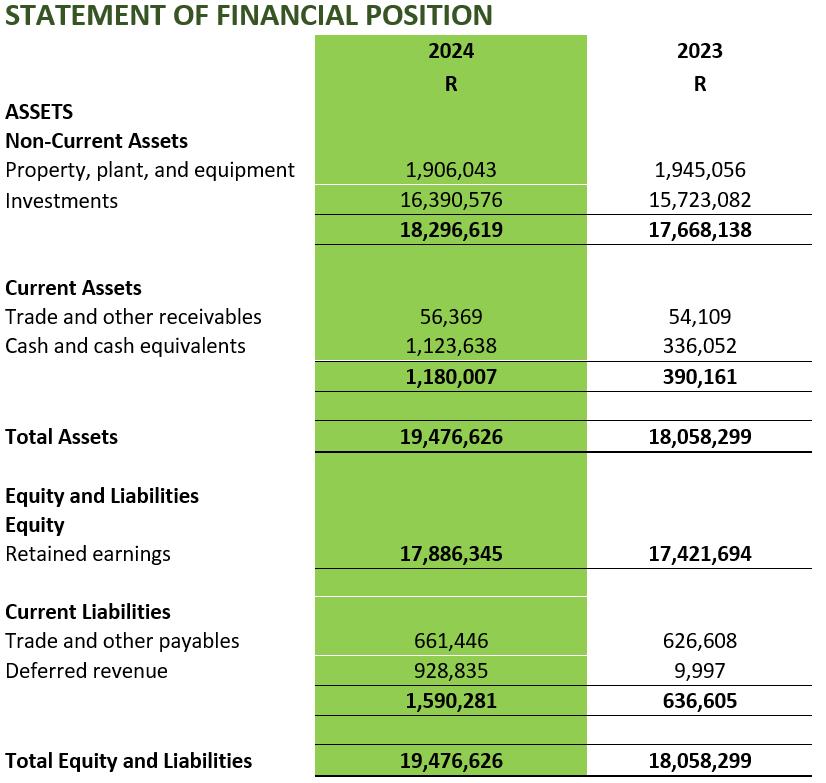
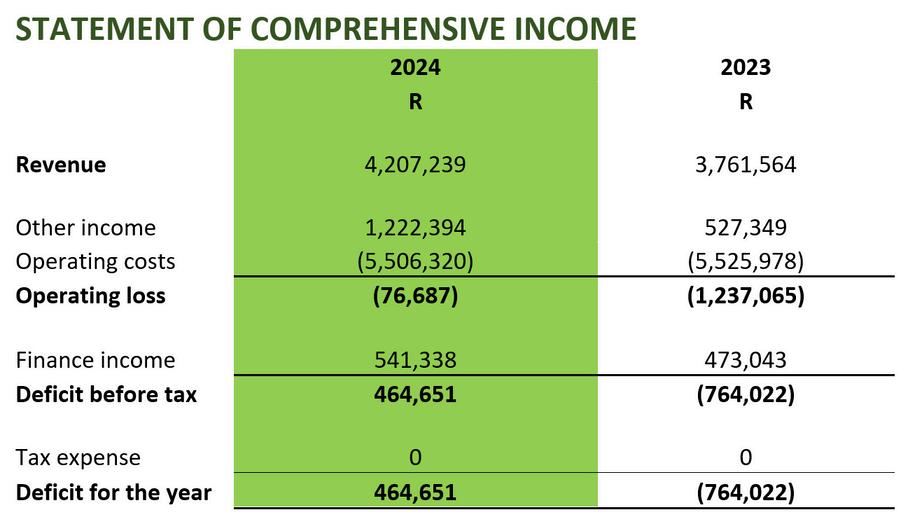
Tom Davies, SAFMH's treasurer: “New funders added much needed income. The Economy for the past year was marked by increases for consumer goods, however expenses were well controlled, the majority being within the budget. I congratulate the management and particularly the accounting staff for achieving these outstanding results.”
Note: Any potential or existing funders are most welcome to request a full set of our audited financials.
None of our success would be possible without generous donors like you. Thank you again for your commitment and kindness.
In excess of R10,000
GM Cresswell
Lantrust Charitable Trust
The Carl & Emily Fuchs Foundation
